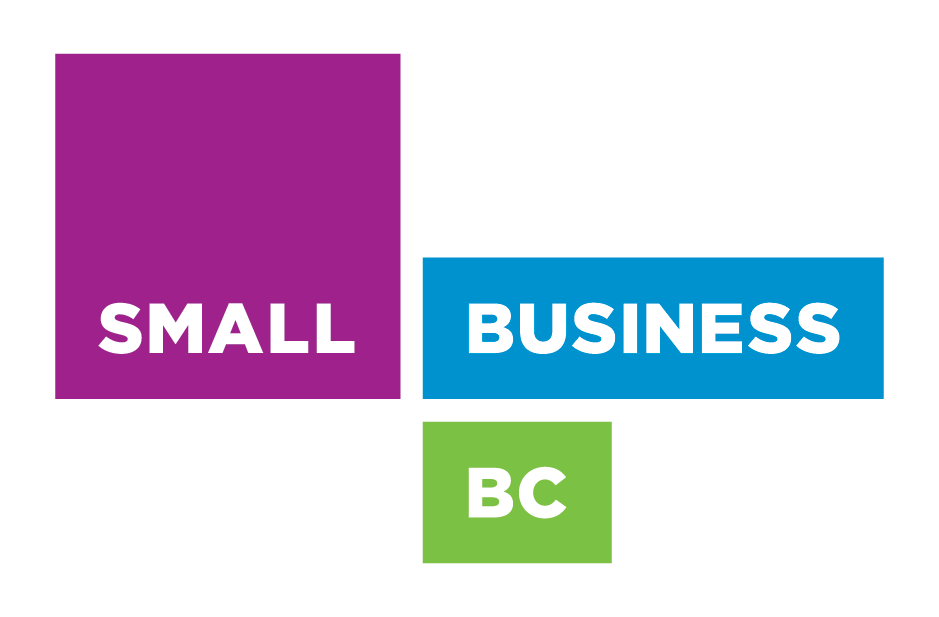Victoria – New BC Prmier David Eby is not wasting time marking his stamp on Victoria.
First there were the credits on your BC Hydro and Fortis BC bill.
Now a “new housing strategy”.
The first piece of legislation, the housing supply act, will help speed up housing development and increase supply by giving the Province the power to set housing targets in municipalities with the greatest need and highest projected growth. Targets will be based on information provided by and in consultation with municipalities. The new housing targets will encourage municipalities to address local barriers to construction so that housing can get built faster, including updating zoning bylaws and streamlining local development approval processes.
The Province is making amendments to the Strata Property Act to end all strata rental-restriction bylaws and to limit age-restriction bylaws so that the only permitted age restrictrion is to preserve and promote serniors’ housing through the “55 and over” rule in strata housing. Some buildings have “19+ only” age restrictions that mean couples starting a family have to plan to move out as soon as they become pregnant. Stratas will be able to appear at the Residential Tenancy Branch to evict problem tenants and recover costs of those appearances.
If approved, the changes to the Strata Property Act would take effect immediately. Bylaws restricting short-term rentals, such as AirBnBs, will continue to be allowed.
In areas where government has data through the Speculation and Vacancy Tax, there are approximately 2,900 empty condos that cannot be rented out because strata rules prevent them from renting out their condo, and government expects there are more empty units in strata buildings in other parts of the province. This amendment will enable owners to rent out these badly needed homes immediately. Government also expects that some owners in strata buildings would choose to rent out a room in their condo if they were given the opportunity to do so.
Then there is the physical housing supply:
Housing supply act:
The housing supply act builds on existing requirements for local governments to create Housing Needs Reports that identify housing demand and supply factors in their jurisdictions.
In 2018, government introduced a new requirement for local governments to produce housing needs reports every five years. The first reports were submitted by April 2022. The Province provided $5 million over three years to support this work.
According to an April 2022 report from the Homebuilders Association Vancouver, 19 out of 20 Metro Vancouver municipalities are not building enough housing to meet their projected population growth for 2040.
Initially, it is expected that housing targets will be established in consultation with approximately eight to 10 municipalities with the greatest need and highest projected growth. The targets will be based in part on information and advice provided by municipalities through their housing needs reports on housing demand and supply factors, and will include criteria, such as unit size and densities, tenure and affordability. Targets will also factor in community plans, projected population growth, economic projections, the local development environment and other relevant factors. Once a housing target is established in a municipality, the municipality will be required to report on its progress, including homes delivered and the actions taken or planned toward meeting the target.
The act will allow the Province to appoint an independent adviser to review the processes of municipalities that struggle to make progress on housing targets. The adviser would help the provincial government better understand unique challenges of the municipality and provide recommendations for actions the municipality or the Province could take to ensure housing targets are met.
The United Kingdom and California have similar housing target frameworks. California has been doing this since 1969 and the U.K. since the early 1980s. Target-setting in both jurisdictions is iterative as new information becomes available and lessons are learned. California has implemented compliance consequences, which allow the state to bar access to grants and loans, including those for infrastructure, if a local government does not fully participate in their targets process.
To support implementation, B.C. will continue to provide new tools and supports to local governments to help them speed up their local housing approvals processes through the continued implementation of the Development Approvals Process Review, as the Province also accelerates work to speed up provincial approvals.
In 2021, government provided $15 million to local governments to support the implementation of initiatives to improve and speed up development approvals processes, while meeting local government planning and policy objectives. Recent amendments to the Local Government Act also provide new tools to municipalities to help them speed up local approvals.













